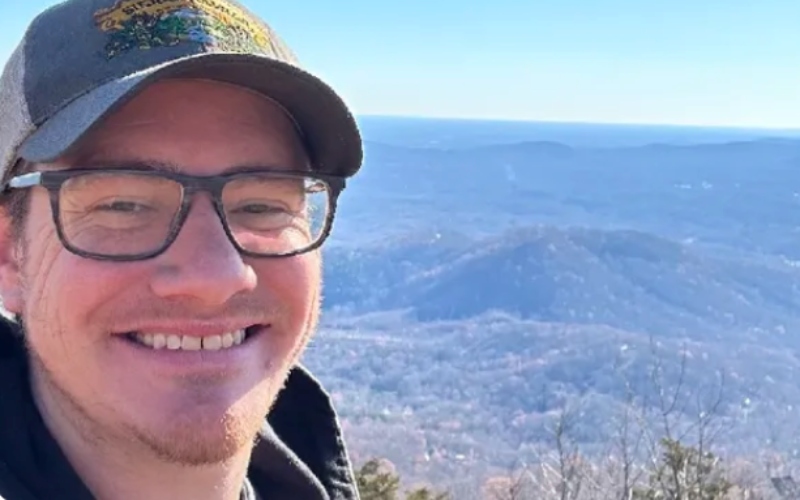Polk County’s most wanted plant: Corallorhiza wisteriana
Published 5:05 pm Wednesday, April 3, 2013
Spring Coralroot is a watch list species in North Carolina and it is ranked as imperiled because of its rarity in the state.
If you think that you have this species growing on your property, or know where it might be located, please contact PAC at 828-859-5060, or e-mail comments, questions or photos to landprotection@pacolet.org.
Please rest assured that if this plant is located on your property, PAC, David Campbell, nor anyone else is interested in “telling you what you can/cannot do on your property.” That is the choice of the landowner; however, should a landowner be interested in managing the site to encourage the persistence of the species and/or preserving the land containing the species, PAC would be happy to assist.
Trending
The purpose of this project is to gain a better understanding of the flora in Polk County, document the species present in the county, and to make sure that the flora of Polk County is well represented in state records and herbaria (it currently is not).
PAC is a 501(c)(3) non-profit conservation organization (land trust) founded in 1989 to protect and conserve the area’s natural resources (PAC’s mission). PAC works with area landowners to ensure the long-term protection of their property through voluntary conservation easements (agreements), which enable landowners to maintain ownership of their property, preserving precious natural resources (open lands, forests, wildlife habitat, scenic vistas, farmland, stream banks, etc.), and potentially obtain significant federal, state and local tax benefits. PACs vision is a community living and growing in harmony with our natural resources and or goal is to provide a legacy that will endure and be valued by generations to come. PAC works diligently to provide leadership to encourage conservation and provide education programs emphasizing native species appreciation and responsible land use practices to help – save the places you love.
– article submitted by Pam Torlina





